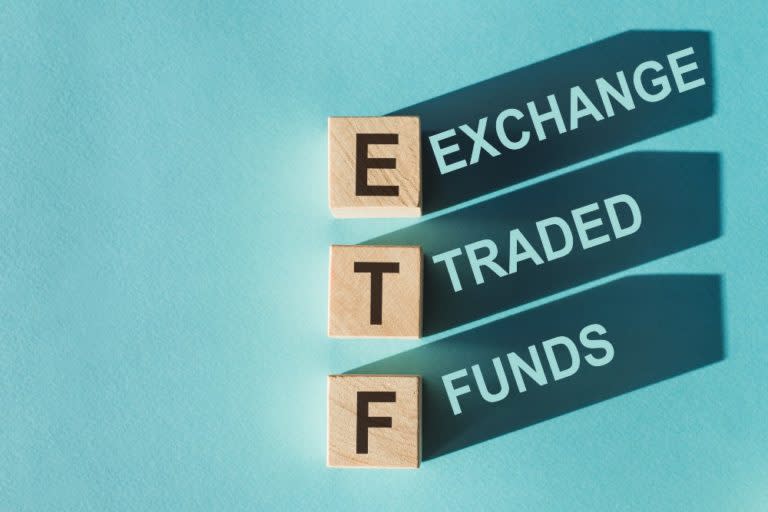Retirees: How to Up Your Income With Dividend ETFs

Written by Andrew Button at The Motley Fool Canada
If you’re retired, dividend ETFs are among the best investments you can make. As a retiree, your main investment priorities are likely to be income and preservation of capital. Income will make up for the fact that you’re no longer earning employment income. Preservation of capital will make sure your nest egg remains intact.
Dividend ETFs provide you with both. Dividends provide a regular cash income stream through steady payouts. Index ETFs help with preservation of capital by reducing risk through diversification. Together, dividends and diversification make a powerful package that can steadily add to your income. In this article, I will reveal how to up your income with dividend ETFs in three easy steps.
Step one: Find the right ETF
The first step in any investment is knowing what to buy. If you’re looking for dividend income and low risk, then dividend ETFs are a good place to start. One example of such an ETF is BMO Canadian Dividend ETF (TSX:ZDV). It’s a Canadian ETF with a specific mandate to invest in stocks with high dividend yields. A quick glance at ZDV’s holdings sheet reveals that it holds a lot of banks, energy stocks, and telcos. That makes perfect sense, because those sectors typically have high yields.
When you invest in ZDV, you get about a 3.9% yield. That’s above average for the TSX Composite Index The downside is that ZDV has a 0.39% management expense ratio, which is above average. If you want to get a relatively high yield with lower fees, you could consider a true index fund like iShares S&P/TSX Capped Composite Index Fund (TSX:XIC). Such funds often have relatively high yields but much lower fees than ZDV. At today’s prices, XIC yields about 2.5%. That’s actually pretty good for a broad market index fund, and it is delivered in a very cheap package.
Step two: Invest
The next step after choosing what to invest in is to put your money to work. Open a brokerage account and buy the shares in the ETFs you want. Do not limit yourself to just one ETF. There are many good choices out there, and it doesn’t hurt to have a bit of everything. Both of the funds I mentioned above are pretty good — why pick just one? You could easily make decent money by investing in both of them.
Step three: Hold long term
The third and final step after you have bought your investments is to hold them for the long haul. The whole point of dividend investing is to simply sit on your stocks/ETFs and collect dividends as they are paid. To actively trade such stocks defeats the purpose completely. Also, active trading is generally a losing strategy, whether you’re buying dividend stocks or growth stocks. The urge to time the market is strong, but it leads to poor performance. So, just buy dividends and sit on them. As a retiree, you’ll be hard pressed to find a strategy better suited to your needs.
The post Retirees: How to Up Your Income With Dividend ETFs appeared first on The Motley Fool Canada.
Should You Invest $1,000 In Ishares Capped Comp Index Fund?
Before you consider Ishares Capped Comp Index Fund, we think you’ll want to hear this.
Our S&P/TSX market doubling* Stock Advisor Canada team just released their top 10 starter stocks for 2022 that we believe could supercharge any portfolio.
Want to see if Ishares Capped Comp Index Fund made our list? Get started with Stock Advisor Canada today to receive all 10 of our starter stocks, a fully stocked treasure trove of industry reports, two brand-new stock recommendations every month, and much more.
See the 10 Stocks * Returns as of 1/18/22
More reading
Fool contributor Andrew Button has no position in any of the stocks mentioned. The Motley Fool has no position in any of the stocks mentioned.
2022

 Yahoo Finance
Yahoo Finance 